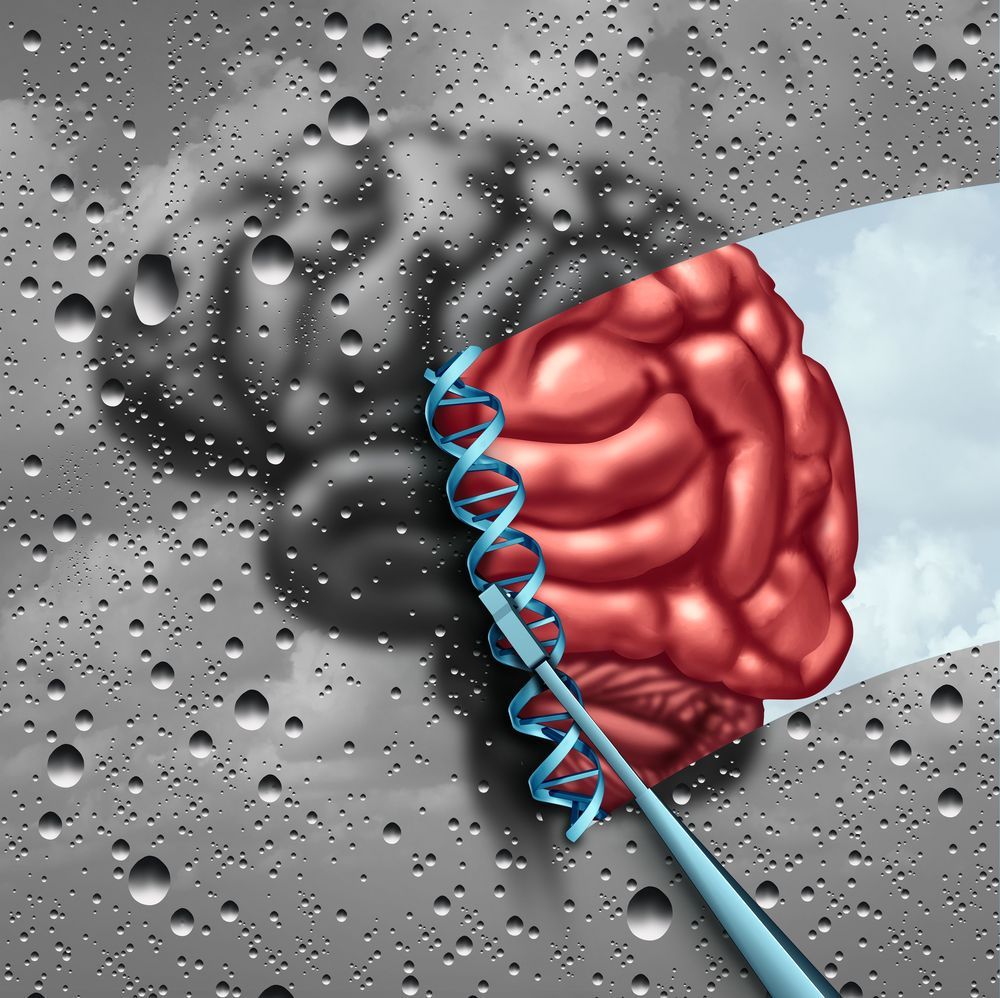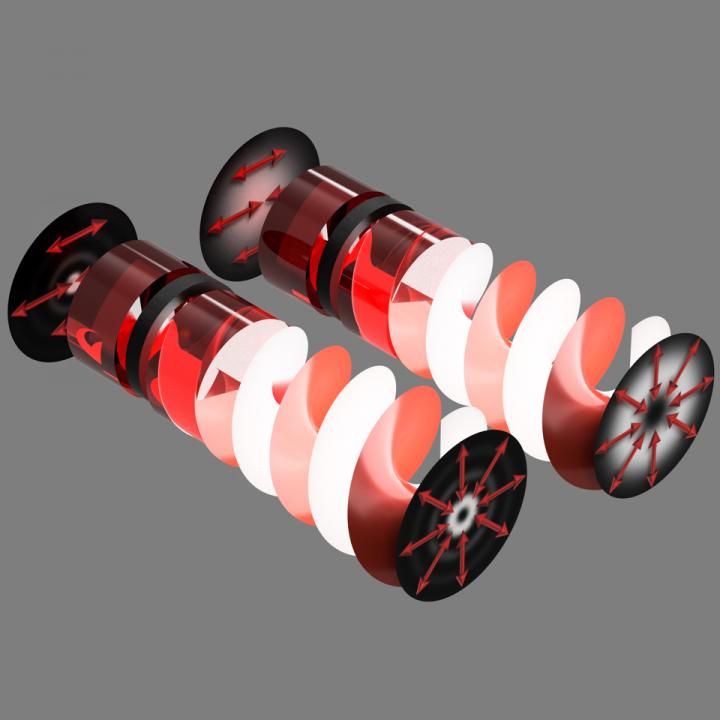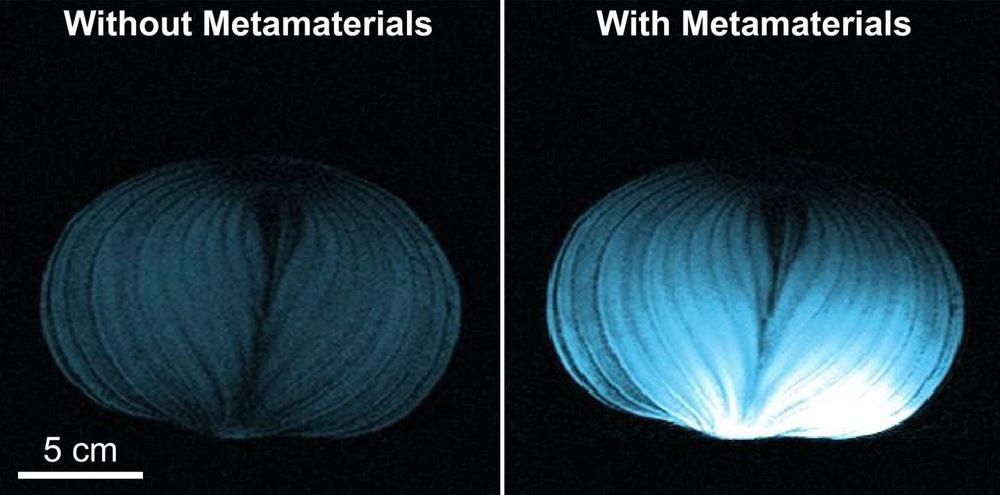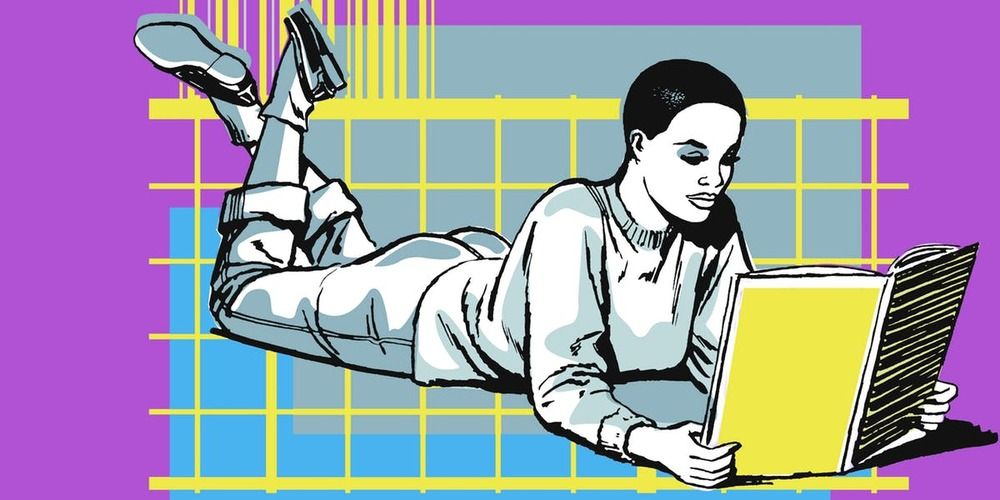Page 7354
Nov 5, 2019
Specific phase of sleep to best calm an anxious brain identified
Posted by Xavier Rosseel in categories: biotech/medical, neuroscience
A fascinating new study from scientists at UC Berkeley has homed in on exactly which phase of sleep seems to best keep anxiety levels in check. The research both affirms a causal association between sleep and anxiety, and suggests sleep deprivation lowers activity in the prefrontal cortex, an area of the brain that helps regulate our emotions.
For well over a century scientists have observed a correlation between sleep disruption and mood disorders such as anxiety and depression. Only in the last few years have clear neural mechanisms been discovered helping us understand exactly what our brains are doing when we are asleep, and how physiologically disruptive sleep deprivation can be.
A new study from UC Berkeley has focused more specifically on how sleep can modulate a person’s anxiety levels. Using a number of experimental measures, including polysomnography and functional MRI, the research first found that just one night of sleep deprivation resulted in 50 percent of the study subjects reporting anxiety levels the next day equal to those detected in subjects with clinically diagnosed anxiety disorders.
Nov 5, 2019
Microbiome-altering Alzheimer’s drug unexpectedly approved in China
Posted by Genevieve Klien in categories: biotech/medical, neuroscience
In a surprise to many researchers around the world, Chinese authorities recently approved a novel drug claimed to improve cognitive function in patients with Alzheimer’s disease. The drug, derived from a marine algae, is the first new Alzheimer’s drug to reach the market anywhere in the world in almost 20 years, and is suggested to reduce neuroinflammation by modulating a person’s gut microbiome.
GV-971, or sodium oligomannate, is derived from a common form of seaweed called brown algae. For several years the compound has been under investigation in China as a treatment to slow, or even reverse, cognitive decline associated with mild to moderate cases of Alzheimer’s disease.
The latest announcement from China’s National Medical Products Administration (NMPA) has granted the drug “conditional approval”, meaning it is to be fast-tracked to market based on positive early Phase 3 trial results. The “conditional approval” requires ongoing studies to verify efficacy and safety, however, it can now move to open market sales in China within the next month or two.
Nov 5, 2019
WWII Submarine Found 77 Years After It Disappeared Off Malta Coast
Posted by Genevieve Klien in category: futurism
Marine archaeologists recently identified the wreck of HMS Urge, a Royal Navy submarine that went missing in the Mediterranean Sea during World War II.
The submarine vanished during a mission from Malta to Alexandria, Egypt, on April 27, 1942, according to the Royal Navy. Historians believe that the submarine was sunk by German and Italian Forces that were present in the Malta vicinity from June 1940 to November 1942, Fox News noted.
The wreck of #WW2 submarine HMS Urge has been found off Malta.
Nov 5, 2019
Astronomers think the universe is a sphere. Here’s why that claim is so controversial
Posted by Genevieve Klien in category: cosmology
According to the theory of General Relativity, mass curves spacetime. As a result, the overall mass of the universe determines its shape. Indeed, scientists have been known to calculate the “critical density” of the universe, which is proportional to the square of the Hubble constant, a variable used in estimating the size, age and expansion rate of the universe. If the actual density of the universe is less than the critical density, it is predicted that the universe will forever expand, as there isn’t enough matter to stop it. This creates a flat, and open, universe.
Yet if the density of the universe is more than the critical density, then that means it has enough mass to stop expanding, which is what the latest study using Planck data is suggesting.
A closed universe could end consequentially with a scenario known as the “Big Crunch” — the opposite of a Big Bang, in a sense, and a state in which the universe contracts until it is compressed again to a single energetic point.
Nov 5, 2019
Structured Light Could Be Route to Higher Information Capacity per Photon
Posted by Omuterema Akhahenda in category: quantum physics
JOHANNESBURG, Nov. 4, 2019 — Researchers from the University of Witswatersrand (Wits) have reported on progress made in the use of structured light in quantum protocols to create a larger encoding alphabet. The researchers said that since patterns of light can be distinguished from each other, they can be used as a form of alphabet. “Light comes in a variety of patterns that can be made unique — like our faces,” professor Andrew Forbes said. “There are, in principle at least, an infinite set of patterns, so an infinite alphabet is available.”
Nov 5, 2019
Researchers design ‘intelligent’ metamaterial to make MRIs affordable and accessible
Posted by Quinn Sena in categories: biotech/medical, engineering
Boston University researchers have developed a new, “intelligent” metamaterial—which costs less than ten bucks to build—that could revolutionize magnetic resonance imaging (MRI), making the entire MRI process faster, safer, and more accessible to patients around the world. The technology, which builds on previous metamaterial work by the team, was described in a new paper in Advanced Materials.
MRI is used by clinicians to diagnose medical problems by spotting abnormalities that could indicate anything from a torn meniscus to muscular dystrophy. But MRIs are expensive, expose patients to radiation, and they take a long time—often the greater part of an hour for a single scan. Finding enough MRI time for waiting patients can be a problem, even in US hospitals, but in hospitals in countries like India, waiting periods of a year or more can put patients’ lives at risk.
So how do we speed up the MRI process without jeopardizing the quality of imaging? Xin Zhang, a BU College of Engineering professor of mechanical engineering and a Photonics Center professor, and a team of researchers that includes Stephan Anderson, a Boston Medical Center radiologist and BU School of Medicine professor of radiology, and Xiaoguang Zhao, a MED assistant research professor of radiology, are getting creative with metamaterials to solve the problem.
Nov 5, 2019
All children to receive whole genome sequencing at birth, under ambitions laid out
Posted by Genevieve Klien in categories: biotech/medical, genetics, health
All children will be able to receive whole genome sequencing at birth, under ambitions laid out by the Health Secretary.
Matt Hancock said that in future, the tests would be routinely offered, alongside standard checks on newborns, in order to map out the risk of genetic diseases, and offer “predictive, personalised” care.
Ministers have already promised that such tests will be offered to all children diagnosed with cancer by the end of this year.
Nov 5, 2019
Scientists pinpoint the fastest way to learn something new
Posted by Genevieve Klien in categories: education, information science, robotics/AI
Learning something new — and quickly — may depend on the lesson’s difficulty level, according to a new study.
Flipping the classroom, room temperature, and later school-day start times, are just a few of the countless interventions scientists have tested and some educators have implemented.
Now, scientists say they have cracked the code on the optimal level of difficulty to speed up learning. The team tested how the difficulty of training impacts the rate of learning in a broad class of learning algorithms, artificial neural networks, and computer models thought to simulate learning in humans and animals.
Nov 5, 2019
Magazine: Cover design by Thomas Gaulkin. Photos courtesy Marcio Ramalho and Pixabay
Posted by Quinn Sena in category: existential risks
In this issue, top experts examine technology-related doomsdays the world might soon face if they go unaddressed, not to frighten readers, but to alert them, so they might act in time, making a loud and unmistakable demand: that the Earth be preserved, that the human experiment be extended, that midnight never toll.


















